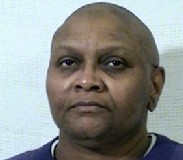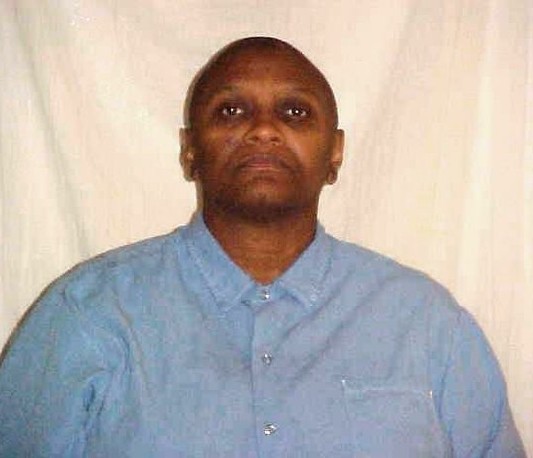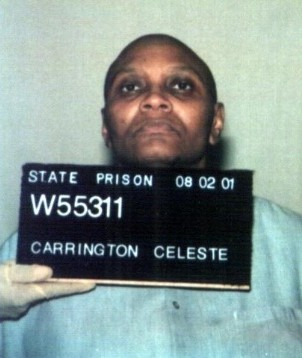SAN FRANCISCO
-- The state Supreme Court upheld the death sentence Monday of an East
Palo Alto woman who killed two people execution-style and wounded a
third in 1992 robberies of buildings where she had worked as a
janitor.
Celeste Carrington, 47, is one of only 15 women
among 683 condemned prisoners in California.
The justices unanimously rejected defense arguments
that police had illegally searched her apartment and had extracted her
confession with false promises of leniency. Her lawyers have another
appeal pending, claiming that Carrington's trial defense was
incompetent.
Carrington was raised in poverty in Philadelphia
and was abused by both parents and impregnated by her father at age
14, according to defense testimony. She eventually attended a
community college in Southern California and starred in track and
field, competing internationally in the shot put.
She had no criminal record before the murders but
had been fired from her job as a janitor in December 1991 for stealing
checks. Witnesses at her trial said she had been providing financial
support for her partner and the woman's three children.
Carrington admitted fatally shooting Victor
Esparza, 34, a janitor at a shoe factory in San Carlos, in January
1992, and Caroline Gleason, 36, a property manager at a real estate
office in Palo Alto, in another robbery two months later, police said.
Five days after killing Gleason, she shot and wounded Allan Marks, a
Redwood City pediatrician, during a robbery of his office, authorities
said.
Carrington told police she had gone to all three
offices with a stolen gun and keys she had kept from her work as a
janitor.
Gleason was on her knees before Carrington when she
was shot, and Esparza was either kneeling or standing, with no
evidence that he was resisting, medical examiners found.
In her appeal, Carrington's lawyers argued that
Palo Alto police had illegally searched her apartment and obtained
evidence that led to her confessions.
Officers from Palo Alto accompanied Los Altos
police, who had a warrant to look for evidence of two burglaries. When
Palo Alto police saw a key and a pager connected to Gleason's killing
in plain view, the court said, they stopped the search, went back to
court and got a warrant to look for evidence of the murder.
Even if the Palo Alto police were there on a
pretext, Chief Justice Ronald George said in Monday's ruling, they
were entitled to be present at a legitimate burglary search and acted
properly by not touching anything until they obtained another warrant.
George also said the police interrogation, in which
one detective told Carrington that Gleason's shooting was "probably an
accident" and another officer suggested that Carrington had nothing to
lose by admitting to Esparza's murder, did not amount to promises of
leniency that would make the confessions involuntary.




